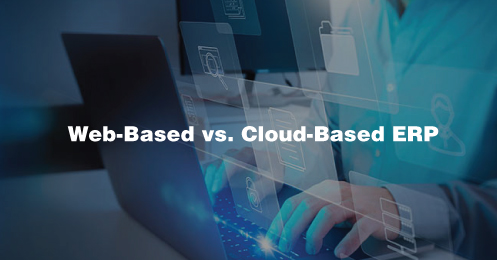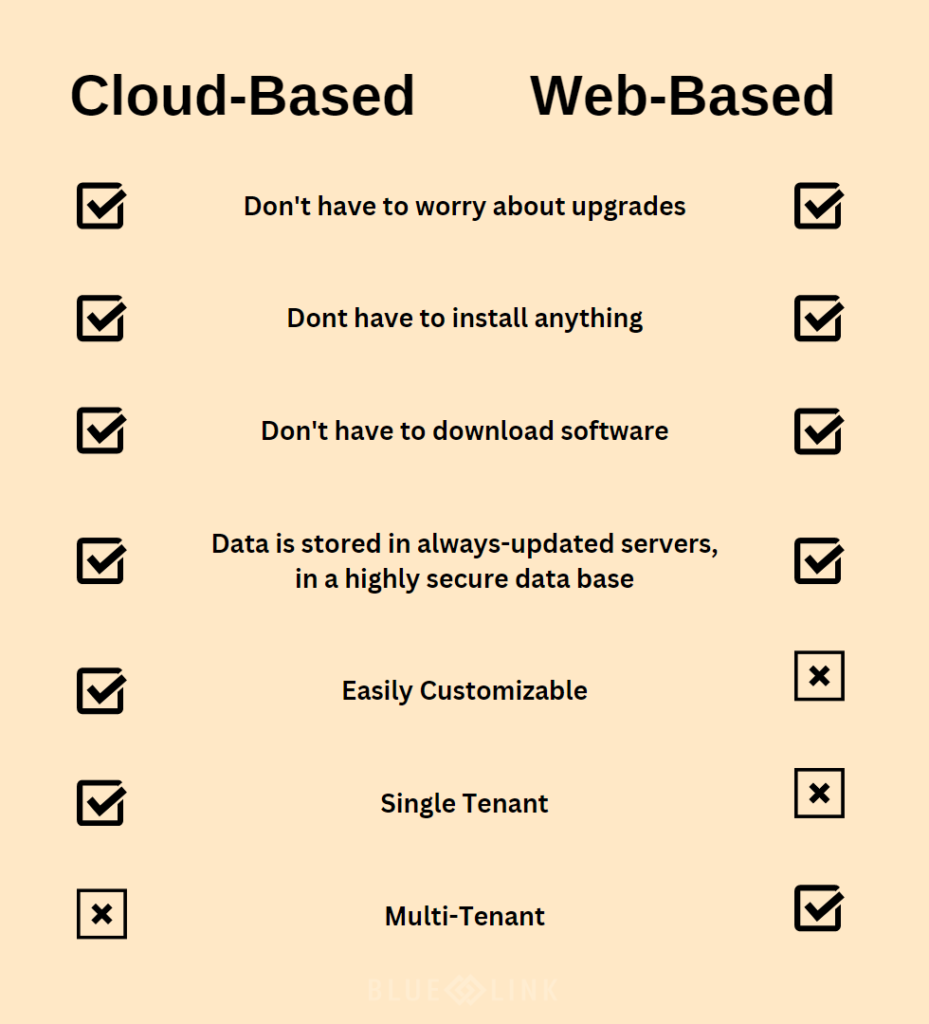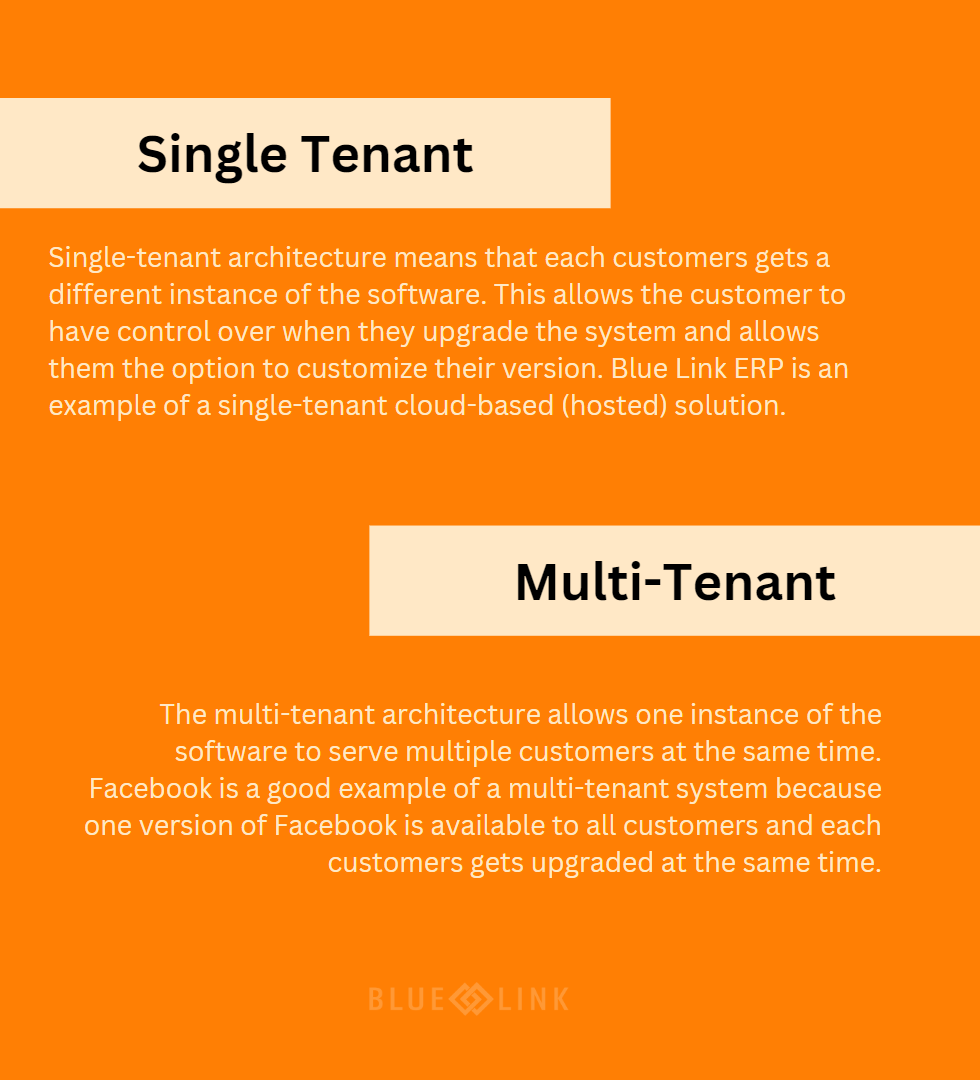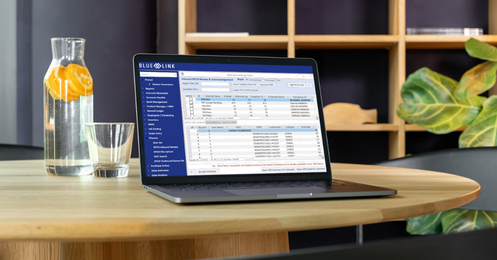Many growing small to medium-size businesses struggle to catch up when it comes to finding the right software that has all the functionality they need, plus additional tools to help the business continue to grow. If you’re moving from an introductory system such as QuickBooks, you may be a little confused when searching for the next type of software for your company because an accounting solution won't provide the tools necessary to manage inventory, warehouse management, order processing, online sales and more. If you’re looking for an all-in-one solution that will be able to manage many different aspects of your business, you are looking for an ERP or Enterprise Resource Planning Software. During your preliminary research, you have probably come across the term cloud-based quite a few times. In previous posts, we touch a lot on what cloud-based software is and why it’s beneficial, but the terminology can often get confused with web-based software. Web-based software is only slightly different than a cloud-based solution but it’s important to understand the differences so you can make the right decision for your business.
Web-Based ERP Software
Simply put, the main difference between web-based software and cloud-based software is how it is accessed. Web-based software is accessed via an internet browser anywhere, anytime. You simply go to a web-browser, type in a URL and then you're able to log into your web-based software on any device that has a reliable Wi-Fi connection such as a smartphone, tablet or laptop. All web-based software will have different options when purchasing but often you can choose which modules you want to use and is thus sold using a traditional software licensing model which is a one-time payment for a specific period of time (per named user or per module).
Data: With web-based ERP, your data is stored either at your business and is the responsibility of your IT department or it can be stored on the vendors’ servers in third-party data centers.
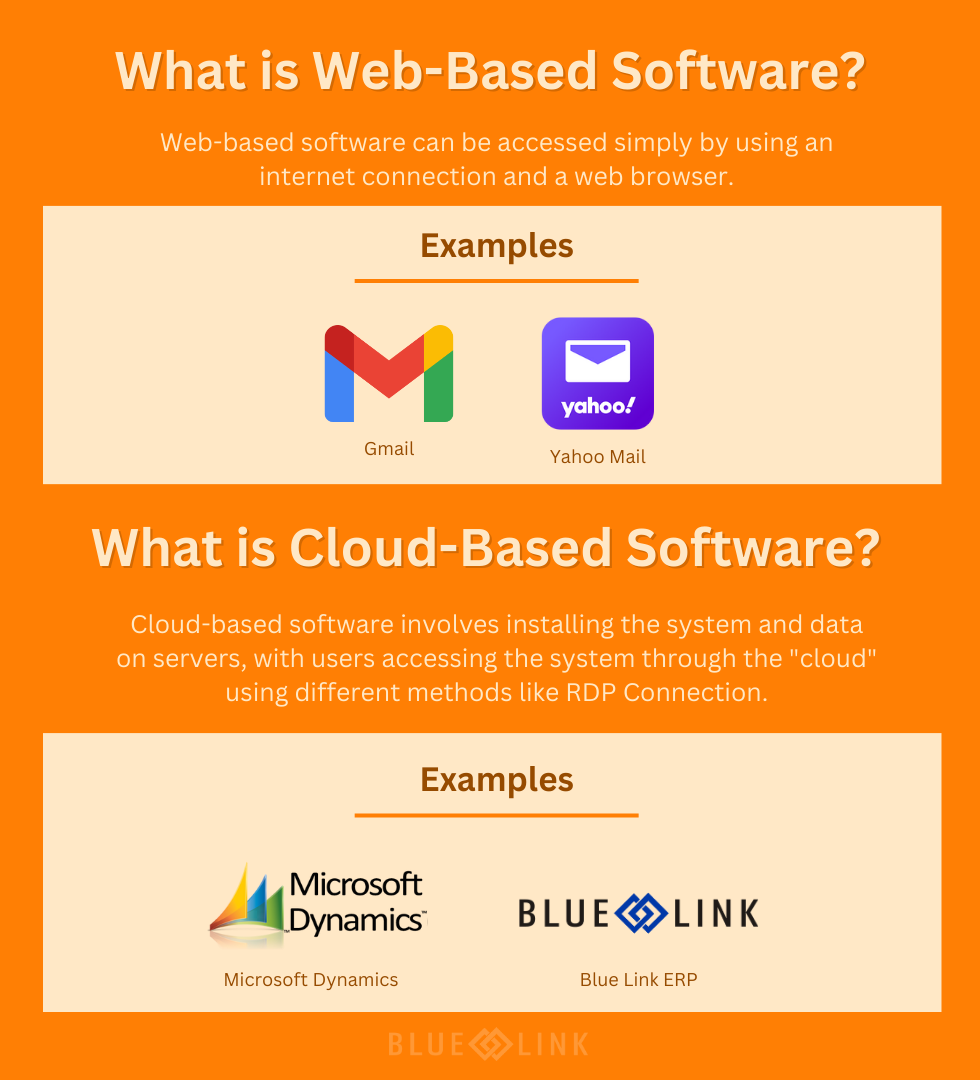
Cloud-Based ERP Software
Cloud-based software is accessed via RDP or Remote Desktop Protocol. An RDP connection allows you to connect from your device to another computer over the internet. This technology is available for a large range of devices but the RDP client software or application (such as Remote Desktop Connection which is a free application that comes standard on most Windows computers) must be installed on the device. Instead of going to a web browser to access the software, you instead connect through RDP to the application on your device. In both cases, you're still using the internet to connect to the system. Blue Link is a cloud-based solution that follows a monthly subscription-based payment method. Download our ERP Pricing Guide so you can budget your ERP implementation accordingly.
Data: With cloud-based ERP, your data is strictly stored on the cloud and managed by the vendors’ in-house professionals in multiple secure data centers.
Added Security: If working remotely, all Blue Link customers must use a VPN or Virtual Private Network when connecting to our cloud-based ERP as part of our security features when employees are not at their office. A VPN is a way to access the internet other than accessing it via Wi-Fi or hardwired connection and it provides an additional layer of security by masking your IP Address. To learn more about what a VPN is click here.
Customization
As you can imagine, there are not many differences when looking at web-based vs cloud-based ERP but what we do recommend is determining how the software can help your business continue to grow. With web-based software you’re limited to the modules available. You do have the luxury of only paying for certain modules that you are using but think about what you could be missing that is going to help your business scale. With cloud-based ERP, you again are given a set of base tools (with Blue Link you are able to turn some of the tools off and on and give users certain permissions). Although ERP solutions are suitable for most companies in any industry, you may require additional functionality that is specific to your company. If so, choosing a cloud-based ERP such as Blue Link allows you to work alongside your vendor to create custom specifications to meet the needs of your business. Although implementing custom is billable, you will avoid the need to transition into a bigger ERP should your business continue to grow.
